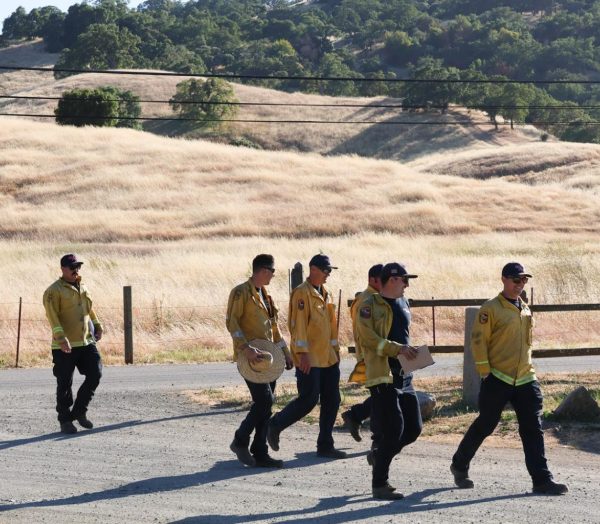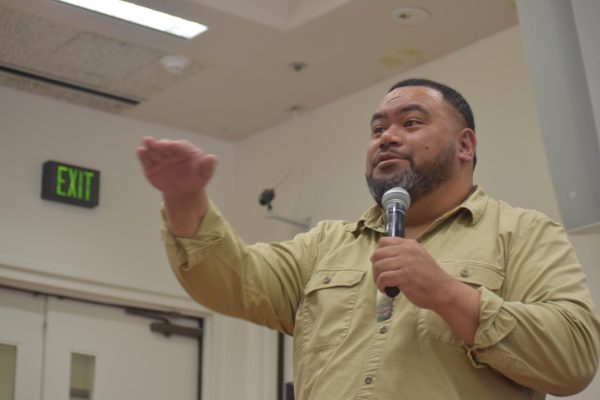California rightly takes first step toward justice for victims of police misconduct
October 11, 2021
All too often, Americans are confronted by news that a police officer involved in a notorious, unjustified shooting had a history of misconduct. Finally, California has taken a positive step towards reform by limiting the scope of qualified immunity and joining 46 other states to create a decertification process for rogue police officers. However, not all problems are solved, with the legal system still shielding officers from accountability
The lack of laws and regulations that protect the public from bad cops has destroyed trust in the system. The state’s new laws represent change, but they primarily focus on bringing California closer to most other states in police accountability, leaving systems in place that allow officers who violate people’s rights to avoid liability.
Police are shielded by the principle of qualified immunity, which protects officers and other government officials from lawsuits for actions taken while performing their official duties.
Historically, qualified immunity has protected officers from lawsuits in situations such as wrongful arrest and police brutality. The new state laws represent progress towards ending qualified immunity by setting limits that prevent police from escaping civil liability for certain misconduct.
As signed into law, the bill ends immunity for police officers in only three situations: falsifying an arrest, failing to furnish or obtain medical care for a prisoner and causing injury to a prisoner. Still, there are many other ways that an officer could violate someone’s rights, including incidents of theft and harassment.
While California’s new laws represent progress against complete qualified immunity, they do not entirely eliminate outdated qualified immunity protections.
One argument supporting qualified immunity is that punishing officers for mistakes made in good faith is unjust or unfair. However, qualified immunity has routinely protected officers who knew their actions were wrong. If the intent behind misconduct truly matters, potential and alleged violations should be investigated and tried in court, not hidden.
Another argument for qualified immunity is that it prevents courts from being overwhelmed with frivolous cases brought by vindictive suspects. However, this argument ignores the fact that a judge must find that a plaintiff has sufficient evidence to support a legal claim before a suit can move forward to trial.
Judges are well equipped to determine whether a case should proceed, and the court can take action against those who abuse the system.
California’s move to decertify rogue police is a long-overdue step that follows the trend of holding officers accountable. Unfortunately, the limits on qualified immunity are too narrow.
The next step in modern police reform is ending qualified immunity in its entirety, both in our state and at the federal level.


























